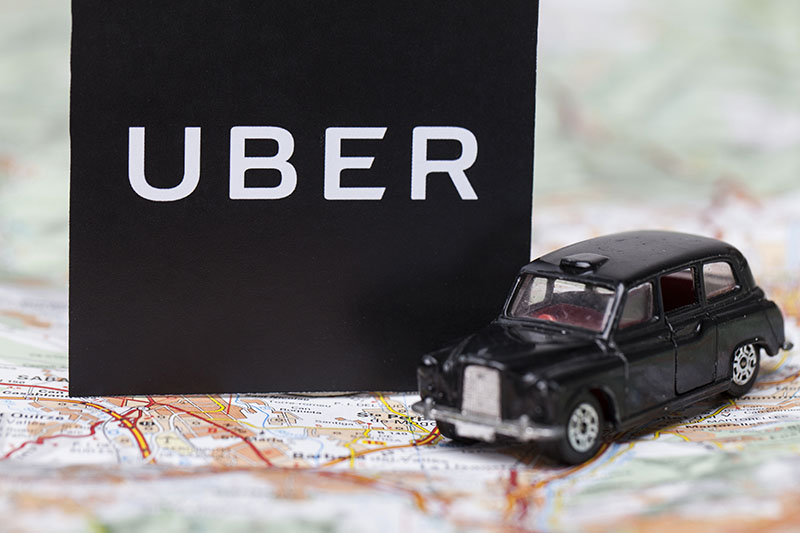In a landmark decision on February 19, 2021, Britain’s Supreme Court ruled that drivers whom Uber classified as independent contractors would be treated as “workers” subject to U.K. worker rights and employment protections and benefits under the law. The international employment law implications for the likes of Uber, Lyft, DoorDash, Grubhub, and other gig economy players may prove dramatic – providing their workers the same wage, leave, vacation, and other benefits as de facto employees.
The unanimous ruling from the U.K.’s highest court is excellent news for that country’s gig workers. Although they will feel the direct impact of the ruling, shockwaves from the decision will strongly reverberate in America, Europe, and elsewhere. In courtrooms and legislatures across the U.S., labor advocates and gig economy companies like Uber have fought a long, intense war about how they classify their workers as independent contractors rather than employees. It’s a battle that has pit corporate bottom lines against workplace rights, but the tide may be turning.
A “Position of Subordination and Dependency”
In the U.S., Uber and its counterparts have been on something of a roll in defending their businesses’ labor model, which relies heavily on avoiding the costs associated with classifying workers as employees. One notable example is the companies’ campaign to push and fund a successful ballot measure in California last November that exempts them from a law that otherwise would require them to extend drivers health care, unemployment insurance, and other benefits. On the national level, gig companies enjoyed the backing of a sympathetic Trump administration that modified employee classification rules in their favor.
In the U.S. and abroad, workers have challenged pro-employer labor laws on various grounds. In the U.K. case, the Court focused on the degree of control Uber exerts over its workers. The British justices rejected the company’s argument that it was merely a technology platform connecting drivers with passengers; instead, they found Uber behaved more like an employer by setting rates, assigning rides, requiring drivers to follow certain routes, and instituting a rating system to discipline drivers.
As the opinion specifically notes, “Taking these factors together, the transportation service performed by drivers and offered to passengers through the Uber app is very tightly defined and controlled by Uber. Drivers are in a position of subordination and dependency in relation to Uber such that they have little or no ability to improve their economic position through professional or entrepreneurial skill.” The Court found that, ultimately, the lack of agency made them “workers” under Britain’s employment laws.
How The U.K. Decision Translates Into American English
In the U.S., laws regarding the classification of workers as employees or independent contractors are distinct from those in the U.K., and tests used to correctly determine worker classification often differ between federal and state laws. But, as in the British case, they also revolve around the notion of “control.” This can involve “behavioral control,” such as decisions about how, when, and where a worker does a job, and “financial control,” relating to how financially dependent they are on the business owner.
The recent change in control in the U.S. executive branch is expected to tip the scales in favor of independent contractor empowerment, at least under federal law. In 2019, the U.S. Department of Labor, within the Trump administration, issued opinion letters effectively establishing that gig company workers were independent contractors. The incoming Biden Administration has withdrawn those letters as part of a broader reexamination of the employer-employee relationship, including extending the effective date of regulations that would have further limited gig workers’ ability to avail themselves of federal wage, hour, overtime, and other rights.
A more labor-friendly Labor Department, a congressional majority more aligned with the rights of workers, and the shot fired against Uber by the U.K. Supreme Court offer hope to hundreds of thousands of gig workers in the U.S. who deserve to be treated as the employees they are – whether they work behind the wheel or behind a desk.
Outten & Golden: Protecting the Rights of Workers
Independent contractor misclassification deprives hard-working individuals of the compensation and protections they deserve under the law. When that happens, the wage and overtime attorneys at Outten & Golden stand ready to help. If you have questions or concerns about whether you are being misclassified as an independent contractor rather than an employee, please contact us today.

